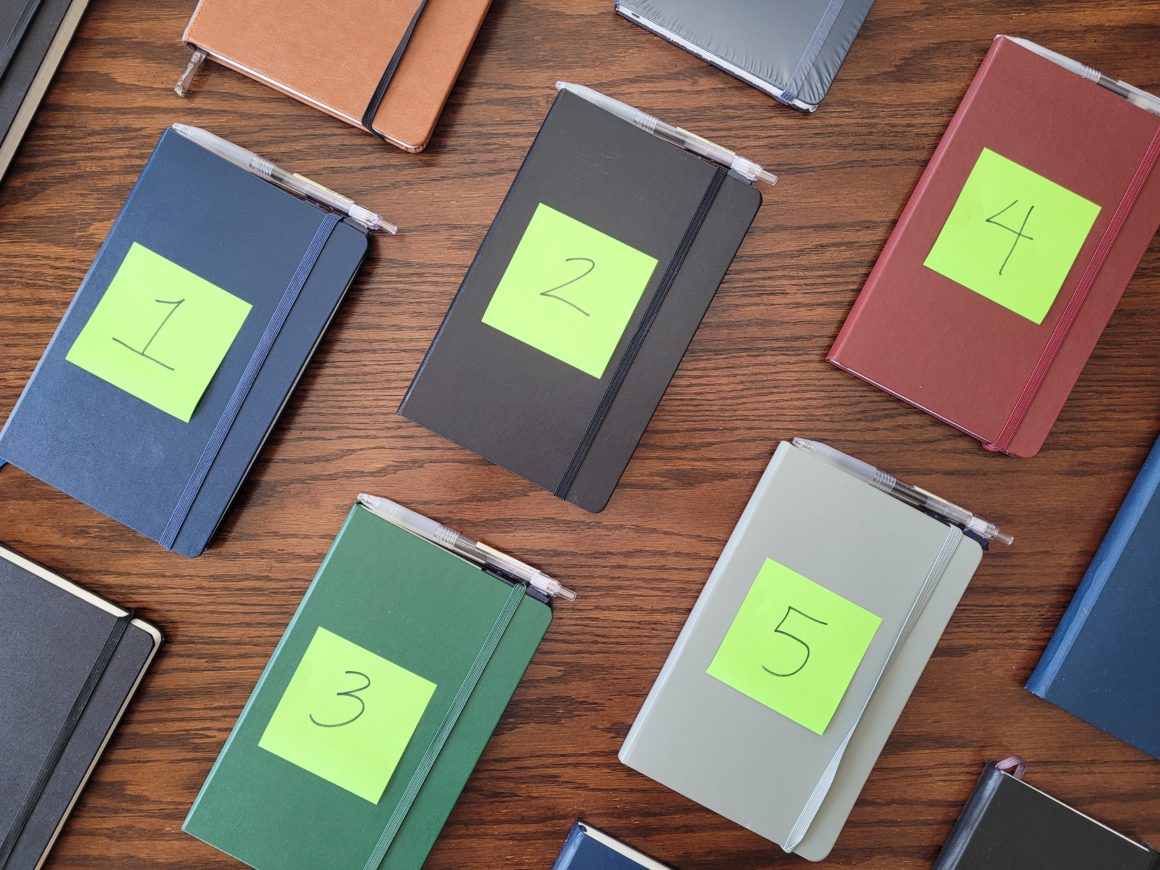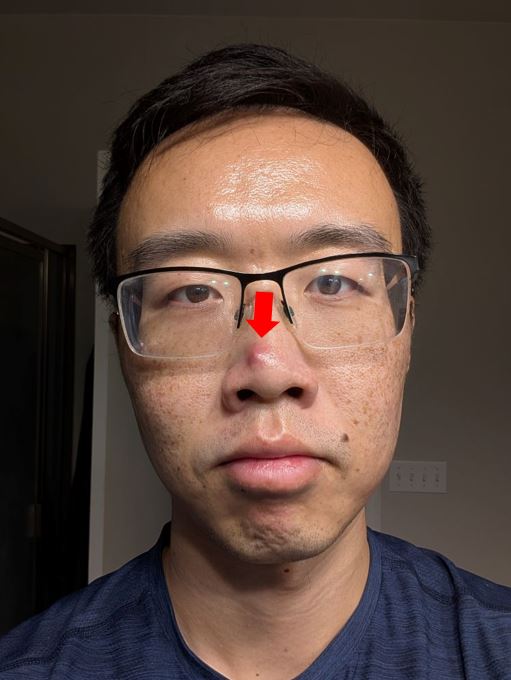Want to know how to journal effectively so that you can maximize your time for personal development? Here are 5 things that you can do to up your game.
Journaling has become a popular way for personal development. It’s a great and affordable way to improve mental health. But if you’re like me, trying to get the most out of your journaling session or journaling regularly is hard.
I believe that journaling shouldn’t be like writing a high school essay. It should be a place where you can explore your thoughts as freely and as comfortably as possible.
After learning about these journaling tips, you are going to feel more confident journaling and accelerate progress on your personal development goals.
This post is all about things you can do to journal effectively.
1. Journal consistently
Journaling consistently is the most successful habit to journal effectively. But…what does consistently mean? It means following a schedule (whether it’s journaling once a week or twice a week or everyday) and sticking to it. You make the commitment to setting aside time to journal. And if you stick to it, you will develop more competence in journaling about your thoughts and goals over time. I also believe that competence breeds confidence, which is extremely helpful for personal growth.
It’s okay if you start out journaling in small amounts (I think a good starting point is once a week for 10 minutes). The key is to do that repeatedly and consistently. And then once you feel comfortable hitting that schedule, increase the amount of time per session or per week that you journal. I really think of journaling like going to work out at the gym. If you work out only once, you won’t see any visible change in your physique. If you work out once intensely for 2 hours, you’ll burn yourself out and won’t go to the gym for another month. It’s only when you go to the gym consistently over weeks and months that you’ll start to see those gains. Same goes for journaling – only when you journal consistently will you see the self care improvements you’re looking for (like mental clarity or feeling less stressed).
2. Write down important thoughts immediately
Don’t wait until a scheduled journaling session to journal crucial thoughts that come to you. If you don’t have your journal with you, write your thoughts out on a phone or a piece of paper. This will help you tremendously when you journal later that evening or the next day because you won’t have to dig through your memory to conjure up the specific details of your thoughts. You’ll be able to process all the specific details and just grow much more confidently in that specific area of your life.
This was something I really wished I followed earlier. For example, I’ll have important thoughts about my career or faith while I’m working out at the gym. I used to try and remember it until I had my journaling sessions, but by the time I got to writing about it, I forgot why I had those thoughts or feelings in the first place. Now, I write all of it down on the notes app I use to record all my work outs. When I do my morning journaling sessions, I just go back to my notes that I wrote. I spend less time trying to figure out why I had those thoughts and more time journaling confidently and effectively to process through them.
3. Don’t let English grammar rules interfere
UNLESS YOU’RE JOURNALING FOR AN ENGLISH CLASS, YOU’RE NOT TURNING YOUR JOURNAL IN AND THERE’S NO TEACHER TO GRADE YOU ON GRAMMAR RULES! There is no need to follow grammar rules like no run on sentences or making sure things are spelled right. Obviously you want to make sure your journal is readable for you, but your thoughts can be very complicated. Sometimes, it’s way too hard to try and connect all your thoughts into one coherent paragraph. I get stressed out sometimes when I try to combine all my thoughts into a sentence that isn’t a run on and is tensed correctly.
I just let myself write without rules. I’ll spell “because” like “cuz” or have “…” to connect my thoughts together. If I have a change in thought, I’ll stop my paragraph immediately and branch off to write my intermediate thought. You’re pouring all your thoughts onto the page like pouring out Legos from a box. The Legos aren’t connected at all but once you have all your thoughts out on the page, that’s when you can go back and start connecting( like circling/starring) certain thoughts together and then journaling about them in a different session or on a completely new page.
4. Find the right place to journal
I believe the location and environment in which you journal is super important. I like to journal in cafe’s. The ambience, the music, and the coffee just help me focus on my thoughts, but sometimes my own room is just as good. When you filter through your thoughts, feelings, stresses, or whatever is causing you mental health issues, you need as much focus as you can. And a big contributor to that focus is where you are. If you’re in a place that distracts you, you won’t get much journaling done.
5. Have the right pen and journal
I truly believe that having the right pen and journal will help you journal more effectively. Everybody has a different writing style. You want to be comfortable with the pen you’re using. If you plan to journal for a long time, you don’t want your hand to tire out quickly. There are some pens that I’ve used where I have to really to push down on to get some visible hand writing and I end up with a sore hand or red skin from all the hard pressing I do. Muji pens have been my go to journaling pens because its a very light pen and has a minimalist design style to it. I’ve linked my go to pens down below.
Having the right pen goes hand in hand with having the right journal. There are so many types of journals out there so choosing the page style (ruled, lined, dotted) or the theme (self improvement, gratitude, free flowing, etc…) is important. If you need order and structure maybe a themed journal would suite you better than just a plain ruled page style journal. Other small things such as ink bleeding through the page or how your journal looks are also important to consider when choosing a journal. I’m also more of a minimalist when it comes to journaling: just give me a clean looking journal with ruled lines and I’m good to go. And Moleskin has checked off all the things I look for in a journal (I’ve linked the Moleskin journal I use below).
BONUS tip/strategy:
If you can afford it, have multiple journals for different topics you are journaling about. When I first started out journaling, I had one journal to record everything (from career to faith to gaming to romantic interests and feelings). I found it pretty hard to go back and find all the journaling sessions about a specific topic when I wanted to remind myself of the insight I wrote about. So I bought different journals for each of the topics and found myself more organized when journaling.
These are the 5 ways I follow and use to journal effectively for maximizing personal development. I believe these ways will also help you in your journaling journey!
If you have any personal suggestions or tips on how to journal effectively, let me know in the comments. I would like to hear them!











